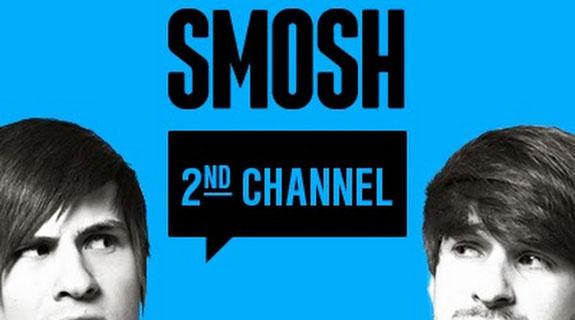It looks like YouTube’s investment in young stars is really paying off.
According to a 2014 study commissioned by Defy Media, 13-24-year-olds are watching more free online video (on platforms like YouTube) than TV, largely because they find the online content much more relatable.
The study says that millennials in that age range watch 11.3 hours of free online content per week vs. 8.3 hours of TV.
When asked for reasons why they turn to online content rather than TV, there were three driving factors. Respondents in the study said digital content makes them feel good about themselves (62 percent compared to 40 percent when talking about TV). Sixty-seven percent responded that online platforms has content they can relate to, over 41 percent on TV, and 66 percent said they turn on free online video as a way to relax, vs. 47 percent using TV for the same purpose.
According to Keith Richman, president of Defy Media, the relatability factor is an important one. He says that digital video often appears more authentic than traditional TV – “not as canned,” as Richman puts it.
According to Variety, this is in part because online stars are becoming more influential among that age range than actors on TV.
A study by Variety last year found that the most influential figures for viewers aged 13-18 are all on YouTube, including Smosh, The Fine Bros. and PewDiePie. The Defy Media study found a similar result – among content consumers aged 13-17, 30 percent said they are more likely to look up to a YouTube personality over traditional celebrities. When they get older, that number skews slightly closer to traditional TV and movie stars, however.
Perhaps most telling is the question about general entertainment value. Seventy-six percent of respondents said they found videos on YouTube “entertaining” compared to only 55 percent for online content offered by broadcast and cable networks.
[Note: the study was conducted by Hunter Qualitative Research, but commissioned by Defy Media, a producer of online video for YouTube and other platforms aimed at millennial audiences.]
Read more at Variety.
Brief Take: As anyone marketing to millennials will attest, authenticity is key. The study confirms that the more genuine a star and his/her production is, whether on TV or YouTube, the more the millennial audience will buy into it.
[Image courtesy of Smosh]
Tags:













































__twocolumncontent.jpg)











